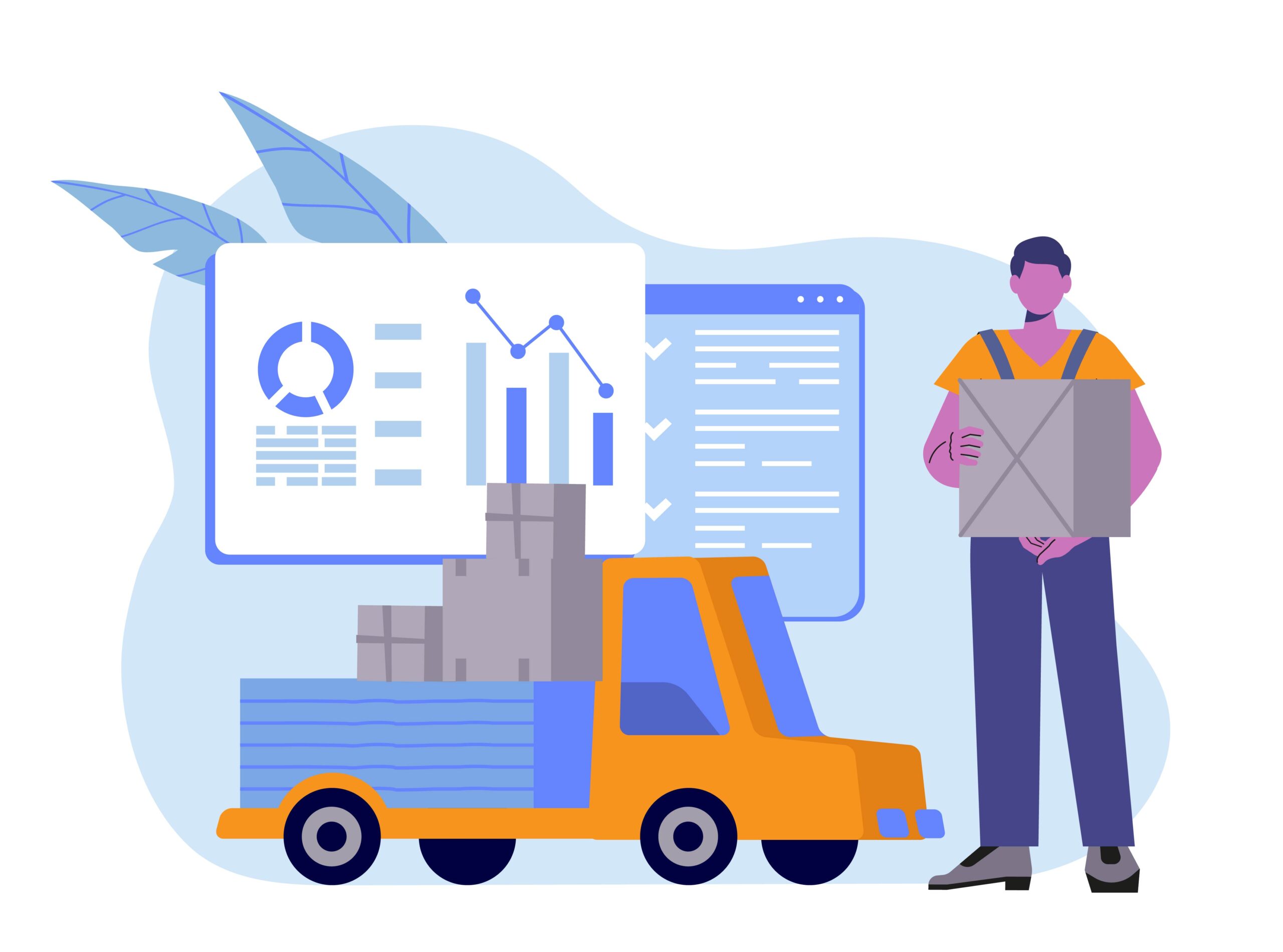
Continue reading "AI and Fintech: Revolutionizing Financial Services in 2024"
The integration of artificial intelligence (AI) into the financial technology (Fintech) sector is reshaping the industry, driving efficiency, improving customer experiences, and ensuring robust security measures. As we move through 2024, AI’s applications in Fintech are becoming more sophisticated and influential. Here’s how this powerful technology is transforming the landscape:
Enhanced Fraud Detection and Cybersecurity
AI-powered algorithms have become indispensable for detecting fraudulent activities and ensuring cybersecurity. These systems analyze transaction patterns in real-time, identifying anomalies and potential threats. For instance, machine learning models can compare current activities against historical data to flag suspicious behavior, like unauthorized access or identity theft. Furthermore, AI-driven biometric authentication methods, such as facial recognition and fingerprint scanning, provide an additional layer of security, replacing outdated password-based systems and mitigating cybercrime risks.
Personalized Financial Services
AI excels in analyzing massive datasets to provide tailored recommendations. This includes personalized investment strategies, credit solutions, and insurance products designed to meet individual customer needs. For example, platforms like Betterment and Wealthfront leverage AI to generate customized financial plans based on user profiles, risk tolerances, and goals. This personalization not only enhances user satisfaction but also fosters stronger customer loyalty.
Process Automation and Cost Efficiency
Financial institutions are increasingly turning to AI for automating repetitive tasks, such as customer onboarding, loan processing, and regulatory compliance. This automation reduces manual labor, minimizes errors, and cuts operational costs. AI tools, including large language models, are also being used to streamline back-office functions by summarizing lengthy financial documents and automating report generation, allowing human resources to focus on higher-value tasks.
Revolutionizing Customer Experience
AI-driven chatbots and virtual assistants operate 24/7, providing instant and consistent responses to customer queries. These virtual agents not only reduce wait times but also offer multilingual support, enhancing accessibility for global users. Additionally, advanced AI systems can analyze customer data to deliver more personalized and intuitive interactions, ensuring a seamless user experience across platforms.
Smarter Credit Scoring and Risk Management
Traditional credit scoring often overlooks individuals without extensive credit histories. AI addresses this gap by analyzing alternative data sources, such as transaction histories and social behaviors, to assess creditworthiness more accurately. This approach promotes financial inclusion, enabling underserved populations to access credit and other financial services. Simultaneously, AI enhances risk management by providing predictive analytics to anticipate market trends and potential financial risks.
Advancements in Algorithmic Trading
In the trading sector, AI is pivotal for algorithmic trading, which involves analyzing market data, identifying patterns, and executing trades at high speeds. This capability improves market liquidity, reduces transaction costs, and gives traders a competitive edge. By leveraging AI, financial institutions can respond swiftly to market fluctuations and optimize investment strategies.
Ensuring Regulatory Compliance
AI simplifies compliance by automating the monitoring of transactions and generating regulatory reports. Natural language processing helps interpret complex legal frameworks, ensuring transparency and reducing the risk of penalties. This automation is crucial for financial institutions operating in highly regulated environments, enabling them to stay compliant while focusing on innovation.
Challenges and Ethical Considerations
Despite its benefits, the use of AI in Fintech raises ethical and regulatory concerns. Issues like algorithmic bias, data privacy, and the lack of transparency in decision-making processes must be addressed to ensure fair and responsible AI practices. Regulatory bodies are emphasizing the importance of explainable AI to mitigate these challenges and build trust among stakeholders.
Conclusion
AI is not just a tool but a transformative force in the Fintech industry, offering opportunities to enhance security, efficiency, and customer satisfaction. From fraud prevention to personalized services, its applications are reshaping how we interact with and manage finances. As financial institutions continue to adopt AI-driven solutions, staying informed and adaptable will be key to maintaining a competitive edge in this rapidly evolving landscape.
About the Author
The Best Digital Marketing Insight and Advice
The WSI Digital Marketing Blog is your go-to-place to get tips, tricks and best practices on all things digital
marketing related. Check out our latest posts.
We are committed to protecting your privacy. For more info, please review our Privacy and Cookie Policies. You may unsubscribe at any time.
Don't stop the learning now!
AI in Logistics: Supply Chain Optimization
Artificial intelligence (AI) is transforming the logistics and customs management industry, improving efficiency, reducing costs, and optimizing regulatory compliance. As global trade expands, businesses and customs authorities are turning to advanced solutions to streamline their operations.Below, we explore some of the most relevant AI tools in logistics and customs. 1. AI in Logistics: Supply Chain Optimization a. Demand Prediction and Inventory Management Tools such as Blue Yonder and Llamasoft (Coupa) use AI and and machine learning to analyze
READ MOREThe Future of AI: Exploring Gamma and Similar Tools
Artificial intelligence (AI) is revolutionizing content creation and task automation. One of the most innovative tools in this space is Gamma, a platform designed to streamline the creation of presentations, documents, and reports with minimal manual effort. In this article, we will explore Gamma and other similar tools that are transforming productivity and content generation. …
Continue reading “The Future of AI: Exploring Gamma and Similar Tools”
READ MOREHow AI Can Transform Customs Agencies: Boosting Efficiency and Security
In today’s fast-paced global trade environment, customs agencies play a critical role in ensuring the smooth flow of goods across borders while maintaining security and compliance. However, the increasing volume of international trade, coupled with complex regulations, has made the job of customs agencies more challenging than ever. This is where Artificial Intelligence (AI) steps …
Continue reading “How AI Can Transform Customs Agencies: Boosting Efficiency and Security”
READ MORE




